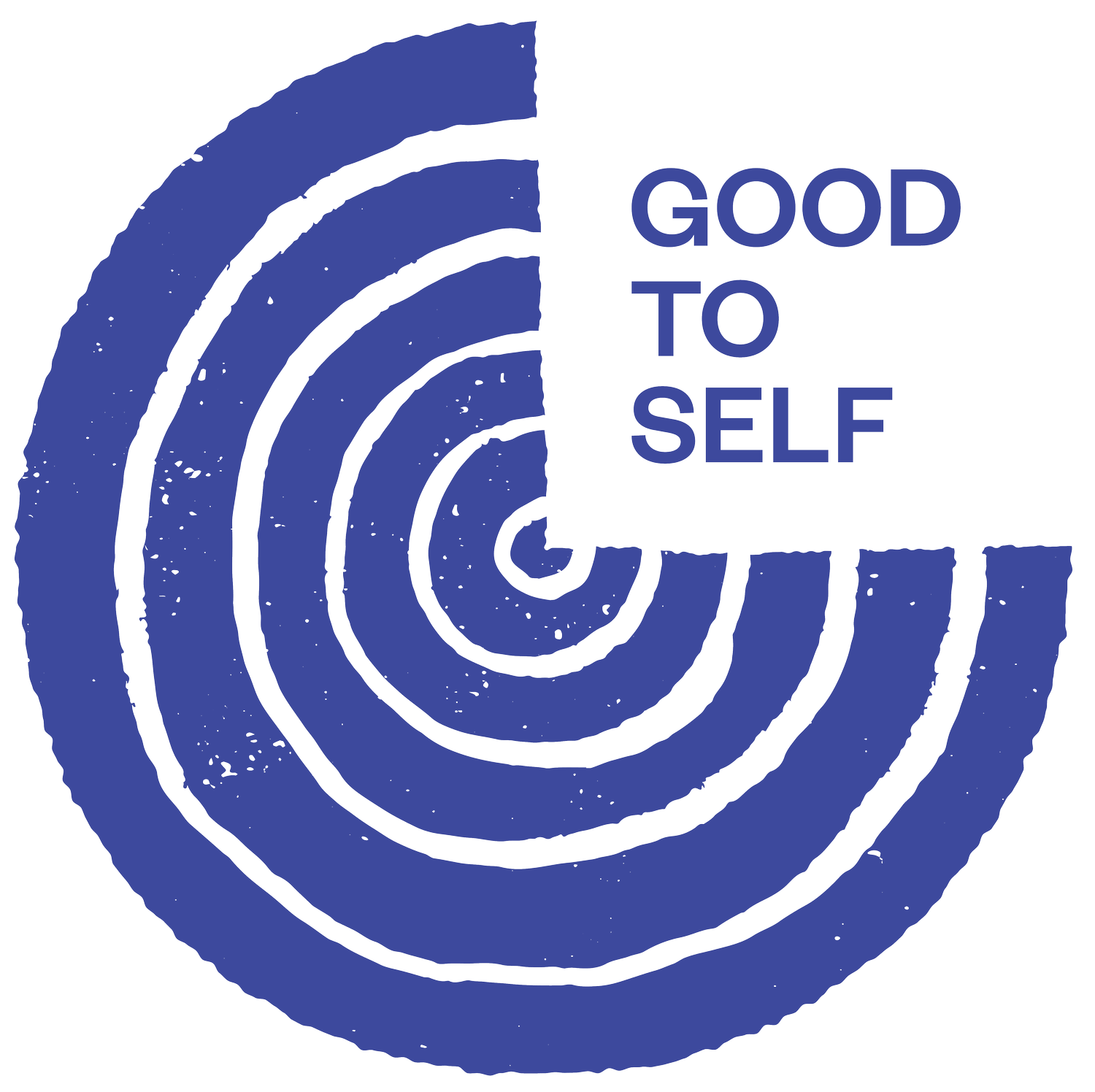
The Blind Men and
The Elephant
In a quaint village there resided six individuals who had been blind all their lives and had never come across an elephant. News of an elephant's arrival in the village spread like wildfire piquing their curiosity. They had only heard stories about such a creature and were eager to experience it for themselves.
In search of guidance they approached an elder of the village. This compassionate soul led them to the spot where the elephant rested, enabling each man to touch the animal and understand its form through their sense of touch.
Soon as the first blind man felt the enormous side of the elephant he confidently exclaimed "The elephant resembles a mighty wall!"
However another blind man who touched the tusks countered by saying, "No it's more like a sharp and solid spear."
The third individual burst into laughter after grasping onto the wriggling trunk of the elephant. Stated, "You're both wrong. It's as flexible and sinuous as a snake."
The fourth person laid hands on one of the legs of the elephant and confidently declared to everyone else present "All of you are mistaken. It's as sturdy and unwavering as a tree trunk."
The fifth person, feeling the flat ear chimed in "It's like a big fan."
The sixth person, holding onto the swinging tail argued, "You're all wrong. It's slender. Curved like a rope."
As their disagreements grew the wise elder of the village intervened. He explained, "Each of you has a piece of the truth. The true essence of the elephant with all its magnificence cannot be grasped from one perspective. To truly understand it you must combine your insights."
The blind men were humbled by this realization. Acknowledged the wisdom of the elder. Their individual experiences had only given them fragments of truth; to comprehend the picture required collaboration.
Originating from the subcontinent "The Blind Men and the Elephant" is a timeless parable that has been retold in various forms across different cultures. It highlights the importance of recognizing partial truths and emphasizes holistic understanding—much like how discovering our core beliefs necessitates introspection, collaboration and an open mind.


